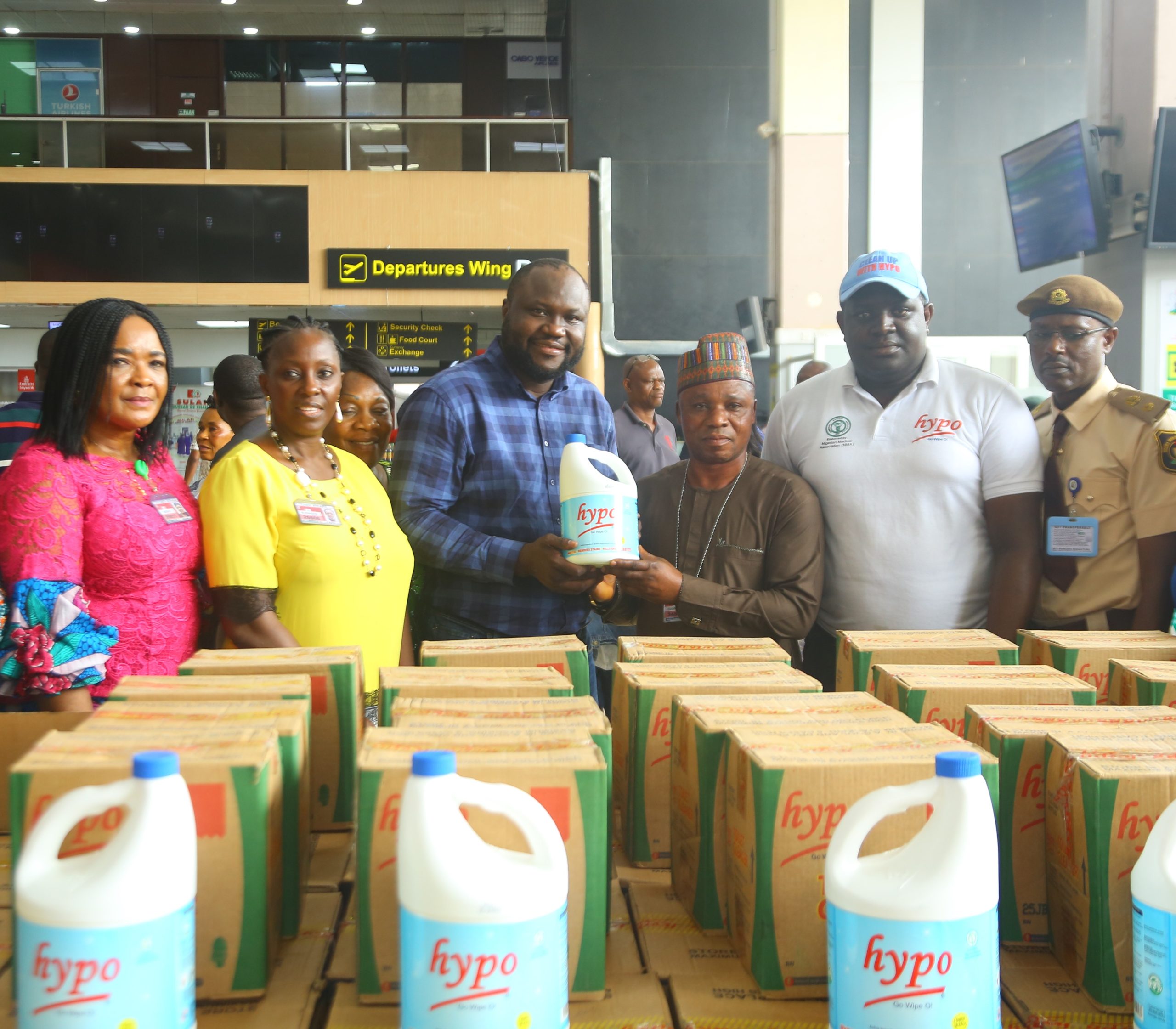How to Become a Distributor for Hypo Bleach in Nigeria: The Process
How to Become a Distributor for Hypo Bleach in Nigeria: The Process
Register Online as a Distributor with Wigmore Trading
Becoming a distributor for Hypo Bleach in Nigeria is not as straightforward as one would think. There are various steps that must be followed to ensure compliance with Nigerian law, and it’s important to know the process before starting so there are no surprises along the way. This blog post will explain how to become a distributor of Hypo Bleach products in Nigeria, including what you need to do before applying, where to find information about distribution requirements, and what happens after your application has been approved. The first thing you’ll need is an accredited agent who can act on your behalf when applying for registration with the Nigerian Government. Once this step has been completed, you’ll have access to all of the relevant documentation required by regulation within Nigeria-including import
What is Hypo Bleach?
The first thing you should know about Hypo Bleach is that it’s a specialty bleach used to treat hard water stains, mold and other wet bleaches. The company was founded in Germany in 1909 by Dr. Heinrich Lohndorff. This type of bleach is used in the chemical industry, not for drinking purposes, but because it’s resistant to hydrocarbons, water, acids and alkalis. Hypo Bleach contains no chemicals that could contaminate your drinking water, which is why many companies are looking to sell them. In addition, Hypo Bleach is recognized by the United States Environmental Protection Agency (EPA) for its environmental safety.
A Summary of Requirements for Distributors
A review of the applicable rules in Nigeria will give you a good idea of what’s required of you if you plan to be a distributor.
The process of becoming a distributor in Nigeria
Do you know that after successfully applying for a distributor permit, you can be put on a three-year probation period? During this time you’re responsible for ensuring that you’re in compliance with the licensing conditions. During this time, you’ll be required to regularly submit evidence of compliance to your licensed distributor. If you’re not in compliance, your license will be suspended and you’ll be unable to sell Hypo Bleach products.
So, how do you start your registration process? The first step is to contact a licensed distributor. Many distributors use a website called Website Platforms (the owner of which is required to be the licensee).
Finding an accredited agent to represent you
Source: https://blog.meplastic.net/hbo-pro-customer-care-ipc-connectivity-directive/
You will need a particular set of documents to complete your application. Firstly, you will need to visit the Nigerian Standard Organisation (Nigeria PSPC). This should be the first step when starting your journey to becoming a distributor.
There are different levels of accreditation, based on expertise, training, experience, and ability to demonstrate they understand the terms of their respective accreditation. You can download the Nigerian Standard Organisation (Nigeria PSPC)’s accreditation process here. A popular way of dealing with this is by registering with an accredited agent. Many agencies list their agents on their websites.
The application process for registration
The requirements for registration are quite comprehensive and you’ll need to have an understanding of the process before starting. The process starts with a person taking out a valid passport from their travel agent and travelling to Lagos, one of Nigeria’s largest cities. Once there, they will register with the Nigerian Federal Trade Commission (FTC) and supply them with the relevant information. You’ll also need to supply them with all of your registration forms, including financial statements, company plans, product registration forms and passport. In addition to that, you’ll need to ensure that your physical premises are fit for human habitation and that you have the required regulatory approval.
Use this information to apply for registration
Use this information to request copies of import declarations and invoices from suppliers, distributors, importers, manufacturers and other entities that are registered for business in Nigeria. After obtaining this information, you can start the process of applying for distributor registration from the Ministry of Health (MoH).
Visit the website of the Ministry of Health here to start your application
Accept that you may be required to pay fees and other costs to the government to help process your application
Visit the office of the Ministry of Health at 40B Charity Quarters, Benin City, Edo State, Nigeria
Ensure that you have your Nigerian driver’s license on you at the time of visiting to show proof of age, name, address, phone number and residential permit.








LEAVE A COMMENT
You must be logged in to post a comment.